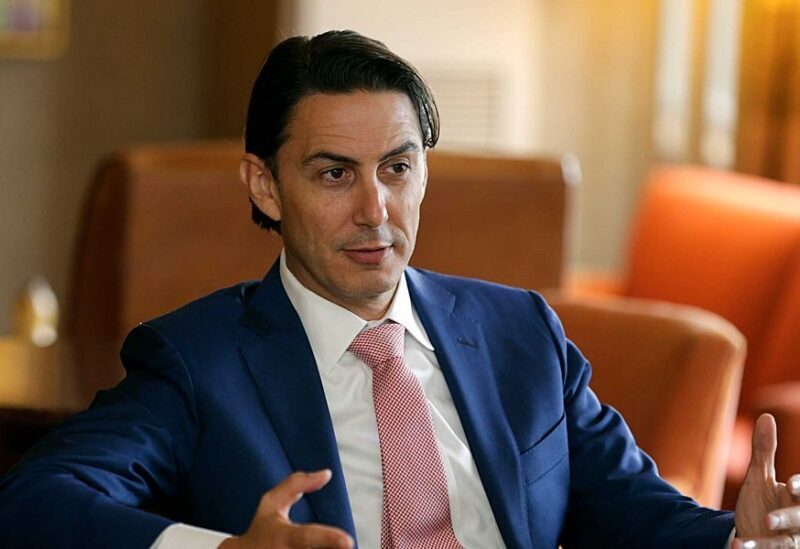
The U.S. mediator for the border demarcation indirect talks between Lebanon and Israel Amos Hochstein said that “the border demarcation talks between Lebanon and Israel do not address the normalization of relations,” but that “it should be accomplished within a short period.”
In an interview with one of the international media stations, Hochstein remarked, “Joint gas reservoirs were never a possibility for me when it comes to the border demarcation talks.”
“Washington’s sanctions are imposed on Syria, and Lebanon has nothing to do with them,” he explained.
Amos Hochstein, speaking to Al Hadath TV during a visit to Beirut, said holding the indirect talks last year between the two sides in the presence of the United States and the United Nations was an important milestone but that it remained to be seen whether the right time to resume the talks was now.
“Perhaps there should be some shuttle diplomacy first, in order to assess the positions of the parties to identify where there is room for negotiation and then ultimately, to go back to Naqoura and complete the negotiations,” he said.
Long time foes Lebanon and Israel started negotiations through a U.S. mediator in Oct. 2020 at the U.N. peacekeeper’s base in Lebanon’s Naqoura.
The maritime border dispute has held up exploration in the potentially gas-rich area but talks have since stalled.
In Thursday’s interview, Hochstein said he hoped the negotiation would not take too much time.
“I think that in these kinds of efforts what we’ve learned is that if you take a lot of time, it doesn’t happen,” he said.
“So we need to be focused, and we need to move quickly.”
Israel already pumps gas from huge offshore fields.
Lebanon, which has yet to find commercial gas reserves in its own waters, is desperate for cash from foreign donors amidst a deepening economic meltdown.
Hochstein said resolving the border issue would help alleviate Lebanon’s power shortage by allowing it to develop its offshore gas resources.
Asked about a deal to export Egyptian gas through a pipeline going through Jordan and Syria to Lebanon, Hochstein said the United States had been working to make that happen.